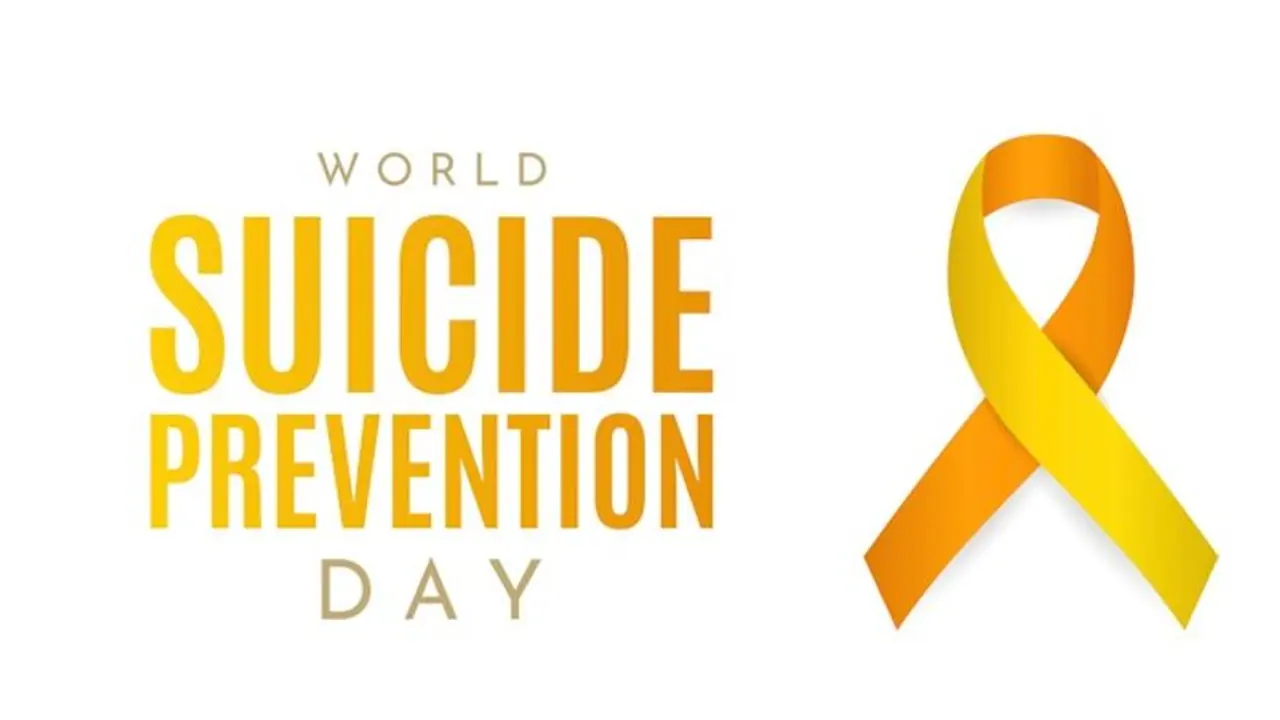World Suicide Prevention Day 2023: On this occasion, as responsible citizens of a nation with the largest population of youths in the world, take a few minutes to understand how having conversations and actions can go a long way in saving lives.

Suicide is a leading preventable cause for death among the youth of our country. Suicide is one of the top 3 causes of death among people aged 15-25 years, much higher than illnesses like cancer or tuberculosis, next to deaths due to road traffic accidents. What is alarming about this? You ask? Many of these deaths are preventable and manageable with early identification and timely intervention.
Every year, September 10 is celebrated as world suicide prevention day by the WHO and the International Association of suicide prevention. This year the theme is “creating hope through action”. On this occasion, let us as responsible citizens of a nation with the largest population of youths in the world take a few minutes to understand how having conversations and actions can go a long way in saving lives. How we all, in our various roles as family members, friends, co-workers, community members, educators, religious leaders, healthcare professionals, political officials, and governments- can take action to prevent suicide.

Some Basics:
If you have lived long enough, you know that the occasional thought of not wanting to live or die is part of everyone's lived experience. Turbulent times like loss of job, major changes in life, death of a close family member are all distinctively pressing times when such thoughts are not an uncommon human experience. Fortunately, Many of us find the support or means to cope with these hardships. Many others may not be fortunate enough to cope or feel too exhausted to immediately access required support systems (family, friends, professional help).
Suicidal thoughts can be complexly linked with mental health conditions like depression, anxiety, mood changes, substance use and withdrawal states, impulsive behaviours, hopelessness, and personality styles. Suicidal thoughts can also occur in transient periods of decompensation that can occur to anyone, even when they are not mentally ill.
Reaching out:
Sachin observed that his colleague Sujay had been withdrawn and not his usual self. Sujay had taken off from work without informing anyone. Sachin invited Sujay for an evening tea and aske Sujay how he was and if all was well with him. Sujay reluctantly disclosed that he was going through tough times as his father was recently diagnosed with cancer and could not visit his father often because of his work schedule. A week later Sujay broke down and informed Sachin that he is taking leave and going as his father is quite unwell. Sachin supported him by offering to inform others and helping him adjust the schedule to accommodate the duties. Sujay felt comforted with the help.
Being there:
Sujay had to extend his leave and return to work after a month due to his father's death. After a few weeks over their tea break Sachin asked Sujay how he was coping. Sujay said that he could not sleep well and needed to have a couple of drinks at night to cope but was hoping to get better. Sujay was a bit irregular to work in the weeks to follow. Sachin would occasionally call Sujay to check on him. Sachin asked Sujay to come with him during the evenings for a walk and shared his experience of losing his mother during the pandemic.

Monday night, Sachin got a call from Sujay quite late and intoxicated. Sujay was crying and expressing how he had not been a good son and had failed to help his father and did not want to live like this. Sachin asked where Sujay was, and asked him not to be alone, and as Sujay was staying away from his family and alone, he asked him to come over to his house to sleep it out for the night.
Helping them Connect:
Next morning, Sachin suggested that Sujay meet his mental health professional friend. Sujay apologised that it was his dads birthday yesterday and that he had unfortunately had a few extra drinks that night. Sachin informed Sujay that he was worried for him and that he should not hesitate to take help if things are not getting better.
Following up:
Sachin and Sujay would often catch up over tea in the evenings after work. A week later Sujay requested Sachin to send the number of the counsellor. Sachin offered to go along with him for the first visit. Sachin was glad to give back the help he received from his cousin when he was coping with his mother’s loss.
Suicide Prevention:
Suicide prevention needs de-stigmatisation of mental health and increased community participation and active volunteering. Having spaces for individuals to express their journeys safely and recollect and cherish the help they received goes a long way in creating awareness and generating hope. Suicide prevention in students and children is also the need of the hour, with mental health and counselling services being made available at various levels like schools, community centres, etc.
As a mental health professional, I would like to express my gratitude to many of such friends, family, colleagues, neighbours, and members of the community who were there sometimes outside the clinic, in the consultation room, making a call to book appointments and in many small conversations and prompt actions helping work others through their crisis.
